As a student at Saint John's in the mid-'60s, I sometimes felt my life was a blur. New experiences came at me one after another, jostling for my attention. Friends and classmates, mentors and teachers, new things and old things seen in new ways -- each of these presented challenges I'd not expected. I'd come to Saint John's imagining that my job as a student was to get in, get a degree, and get out. But what I found was not only the academic instruction that I had expected, but also an array of experiences to savor, possibilities to try out, and doorways that opened into a wider world.
In hindsight I now have a clearer perspective on this jumble, and the common denominator underlying it all was an introduction to possibilities I had never imagined for myself.
I realized the importance of at least some of this early on. I include in this category classes in English with teachers like Steve Humphrey and Herb Burke, and in theology with Godfrey Diekmann and Michael Marx, and in history with Michael Blecker and Ed Shapiro. Time spent with monks instilled in me a grounding in the importance of community and hospitality, a reverence for place and time, as well as an appreciation for the Benedictine approach to prayer and spirituality.
But there were other doorways that seemed unimportant at the time. Yet, to my surprise, they were seminal for my future development. In my senior year, for example, Professor Shapiro asked me to check on the accuracy of the entries in the bibliography of his dissertation. Up until then my sole experience with this sort of thing was in writing my own term papers. So I have no idea whether my inaugural foray into editing was a help or a hindrance to him, but what mattered was the unexpected benefit to me.
This exercise opened a world that eventually became my professional career. It led to page-by-page editorial work with a mentor at the University of Maryland, followed by a term as editor of the historical journal of the History Department at the University of Maryland. Next came a stint as co-editor of the multi-volume series Perspectives on the American Revolution, published by the University Press of Virginia. Then came my work as a principal editor of an annotated collection of primary documents conveying the experience of American workers, The Papers of Samuel Gompers, published by the University of Illinois Press.
Naturally I foresaw none of this when I entered Saint John's. But the simple chance to help a professor edit a bibliography started me down the path to a career in historical research, writing and publishing. I came to Saint John's expecting to enroll, get a degree and get a job. What I actually got was encouragement. It was the encouragement to explore the possibilities and walk through open doors. In the process, I found much more than a career.
[Editor's note: Peter Albert is a 1967 alumnus of Saint John's University, and he went on to receive his Ph.D. at the University of Maryland. He currently works in the Department of History at the University of Maryland. Peter has included Saint John's University in his estate plan, in the expectation that Saint John's will continue to open doors for generations of students.]

